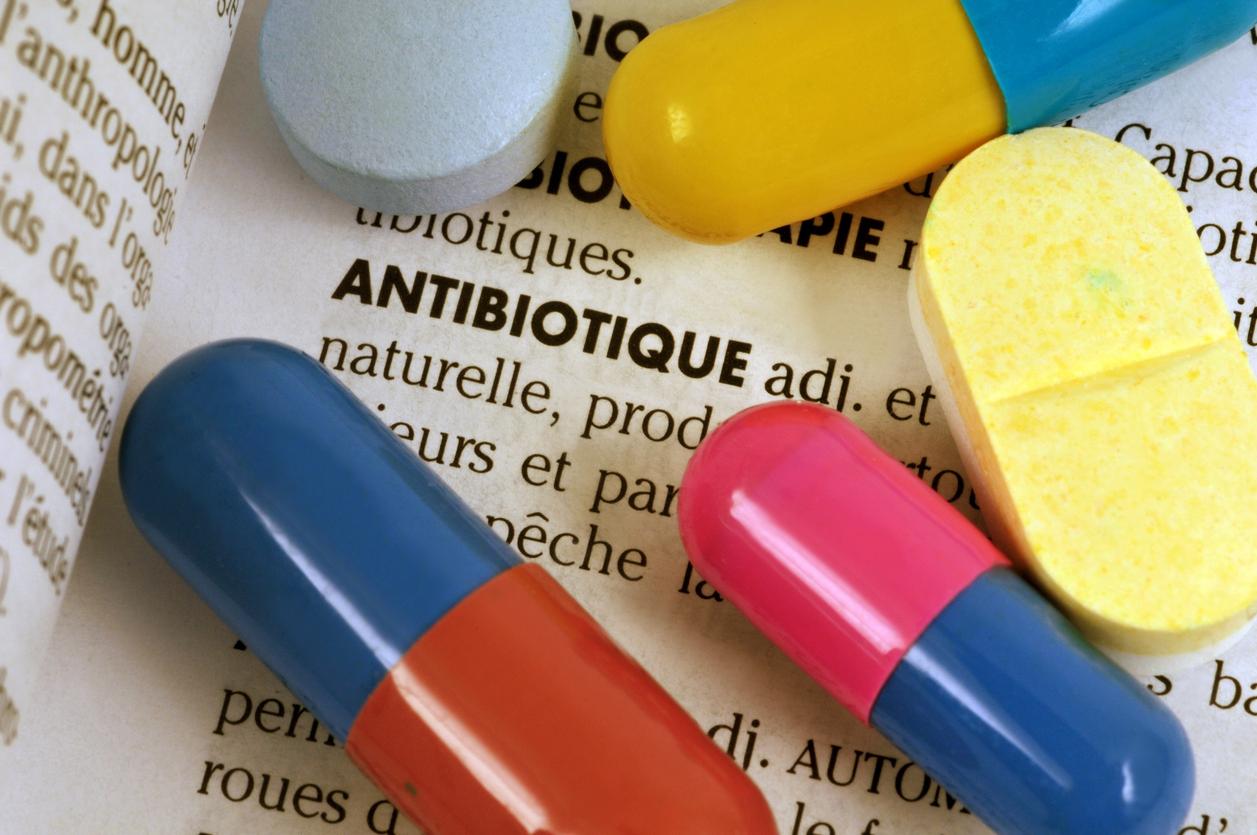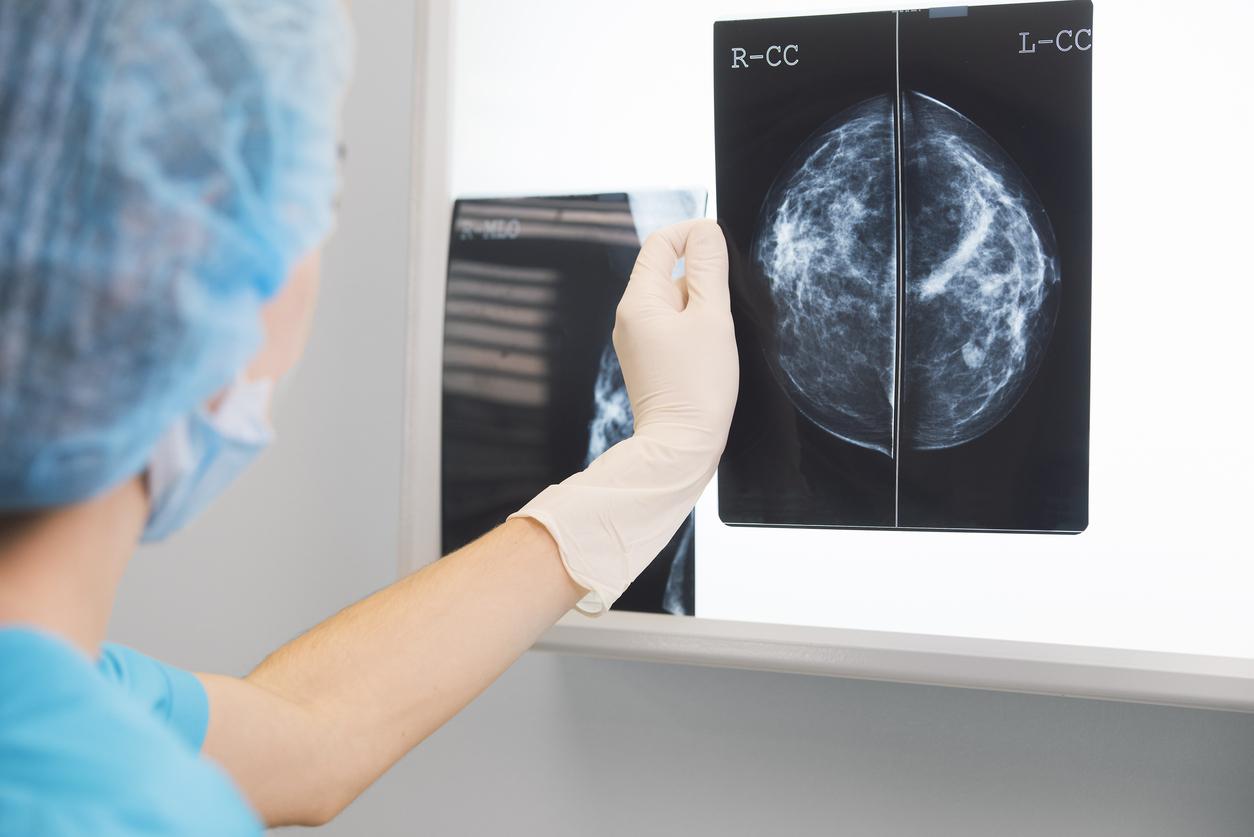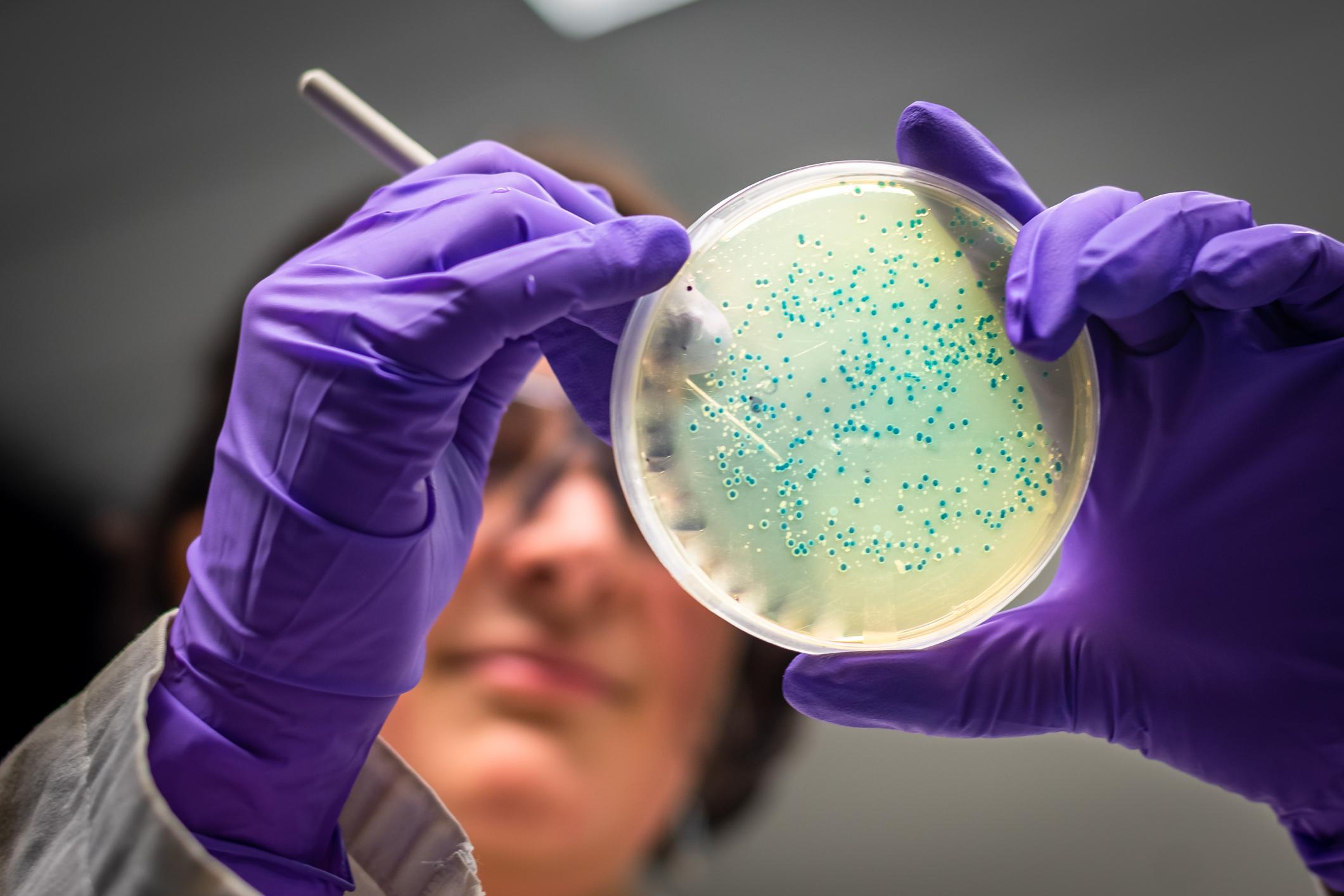How to fight antibiotic resistant bacteria ? One of the answers is phage therapy, which consists of using viruses, bacteriophages, harmless to humans but formidable for the bacteria that contaminate us. Researchers from the Institut Pasteur (Paris) and the Catholic University of Louvain (Belgium) publish a study in the journal PLoS Genetics where they explain the genetic and metabolic mechanisms of bacteriophages. Valuable knowledge to use it against the resistance of bacteria to antibiotics.
Using viruses for medical purposes
The researchers were interested in bacteriophages fond of the pathogenic bacteria Pseudomonas aeruginosa, responsible for pneumonia, of septicemia, infections of the myocardium or nervous system. Scientists have managed to decipher the virus infection strategy, which will hack the bacteria and divert its resources for its own multiplication. This study should allow better use of the antibacterial activity of bacteriophages for the implementation of treatments. “VSThis work should encourage the characterization of other bacteriophages with therapeutic potential. We hope that they will ultimately contribute to making the use of these viruses for medical purposes possible again in France.“comments Dr. Laurent Debarbieux, head of the Bacteriophage Bacteria Interactions in Animals group at thePastor Institute in a press release.
13,000 deaths per year in France due to antimicrobial resistance
The antibacterial interest of phages had indeed been discovered at the beginning of the 20th century, but these viruses had been abandoned in favor of antibiotics, considered more promising. Today, the World Health Organization (WHO) describes antibiotic resistance as “serious global threat“. Last May, a British study also estimated that antimicrobial resistance could, on a global scale, be responsible for 10 million deaths in 2050, if the global consumption of these drugs does not decrease by then. Currently, these are already 160,000 patients who are struck each year by infections caused by resistance bacteria to antibiotics in France and 13,000 of them die from it.
>> To read also:
First case of bacteria resistant to all antibiotics in the United States
Unusual: fecal matter could destroy two bacteria resistant to antibiotics
Resistance to bacteria: limit veterinary antibiotics
Antibiotics: when should you really take them?
















